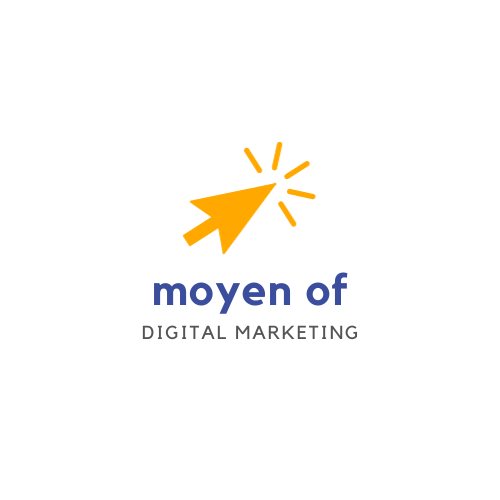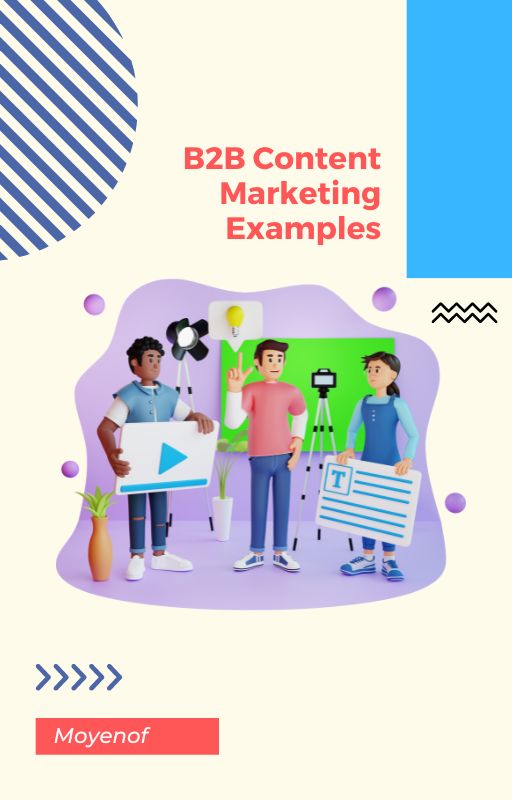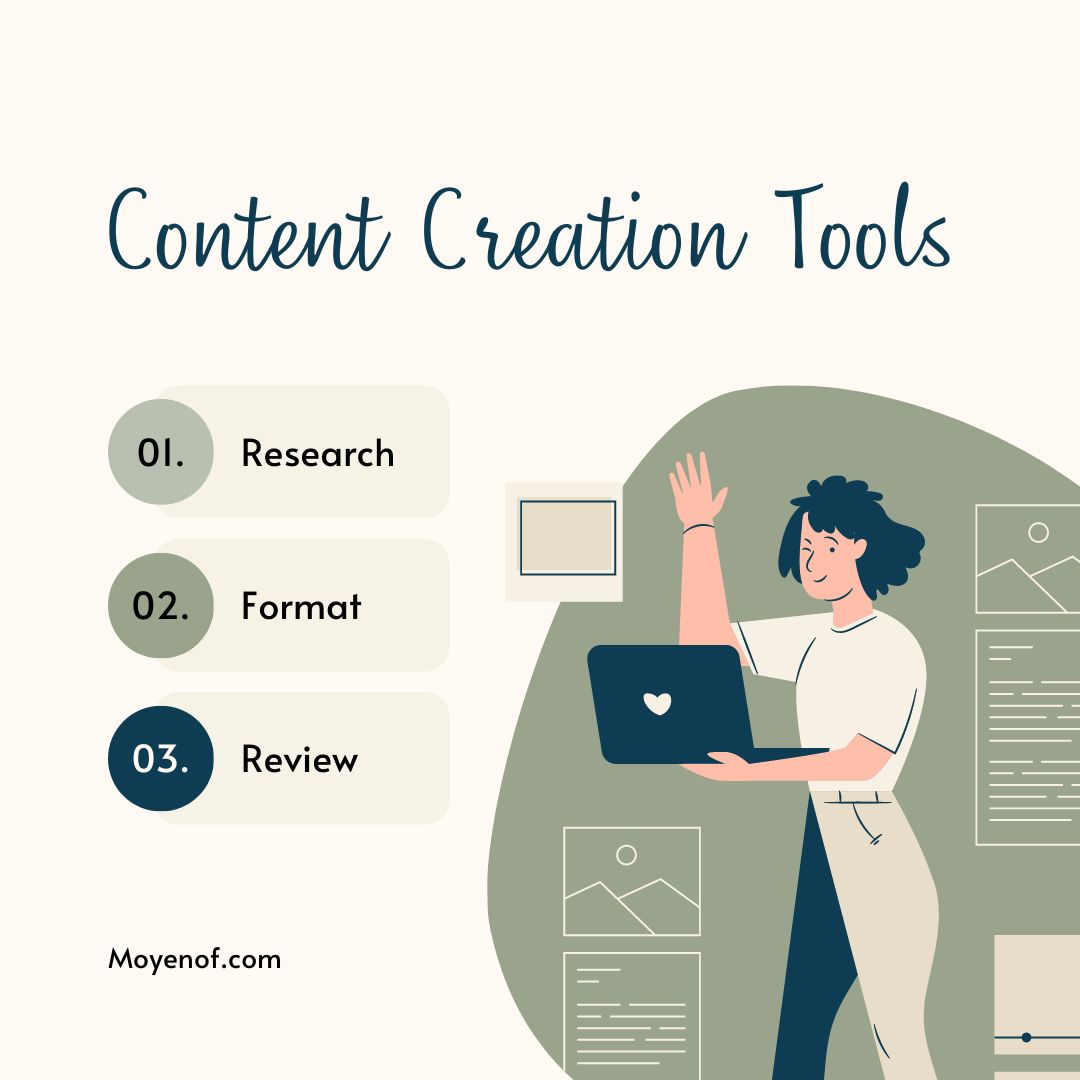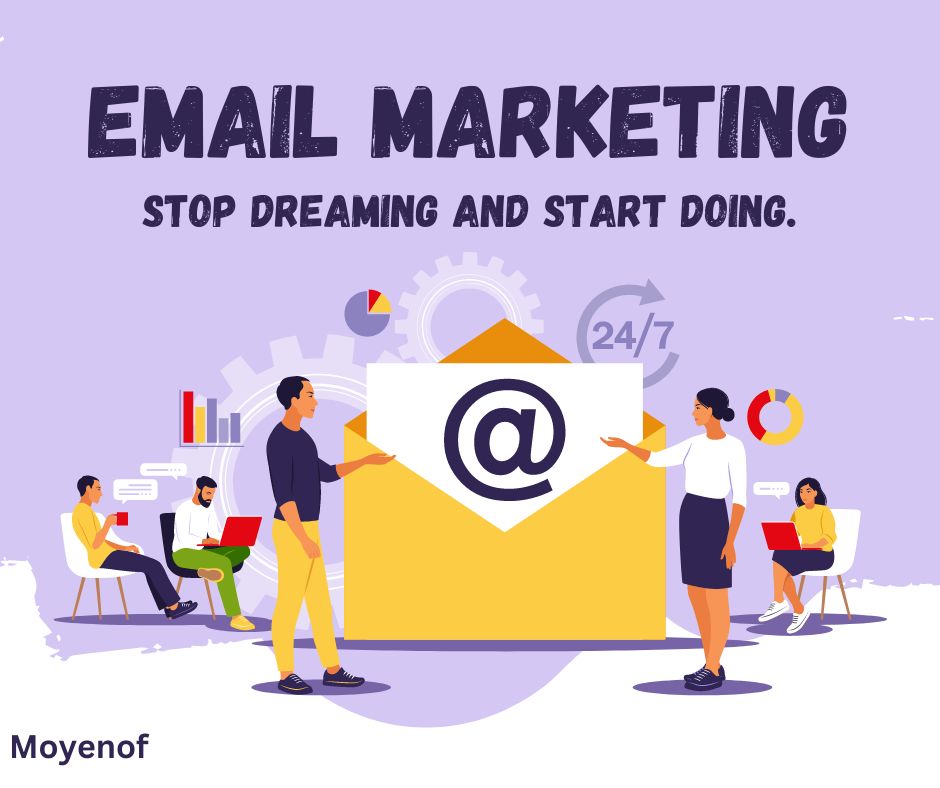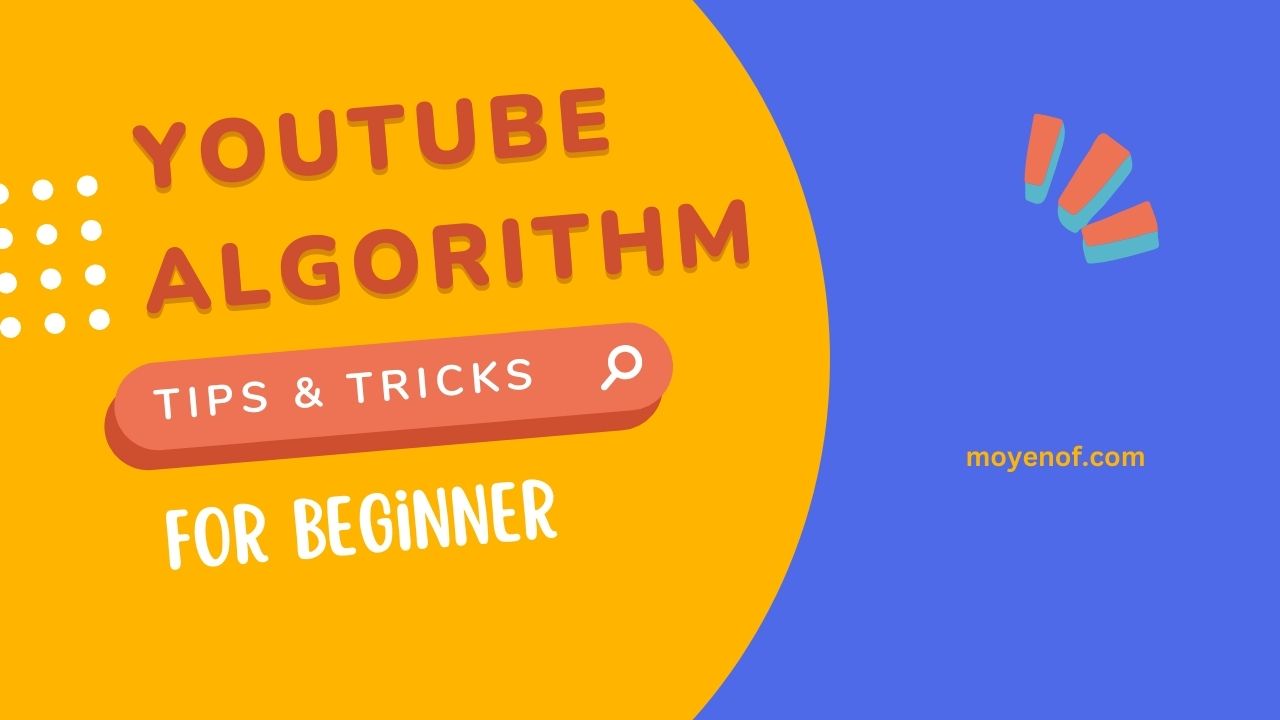B2B Content Marketing Examples
Explore top-notch B2B content marketing examples with real-world examples that drive results and inspire your next campaign’s success.
Hey there, fellow content aficionados! Ready to dive into the magical world of journey mapping?
Buckle up because we’re about to embark on a journey of discovery, where tailored content experiences reign supreme.
Decoding the Journey Map: Your Treasure Map to Tailored Content
Picture this: you’re lost in the vast ocean of digital content, desperately seeking that treasure trove of engagement and conversion.
Fear not, for journey mapping is your trusty treasure map, guiding you through the tumultuous seas of B2B content marketing.
In essence, journey mapping is like playing Sherlock Holmes in the realm of consumer behaviour.
It’s about unravelling the mysteries of your audience’s path and understanding their desires, fears, and motivations.
Armed with this knowledge, you can craft content that resonates on a deep, personal level.
B2B Content Marketing Examples that Shine
Now, let’s get down to brass tacks: what does journey mapping look like in action? Imagine you’re a software-as-a-service (SaaS) company catering to B2B clients.
Your journey map might start with a prospect stumbling upon your blog post about the latest industry trends.
As they journey through the stages of awareness, consideration, and decision-making, your content evolves accordingly.
Perhaps they download a whitepaper offering in-depth insights, attend a webinar showcasing your product’s features, and finally, they’re greeted with a personalised email offering a free trial.
Navigating the Waters: Tips for Effective Journey Mapping
So, how do you create a journey map that’s more than just a glorified flowchart? Here are a few pro tips to set you on the right course:
Know Thy Audience: Dive deep into the psyche of your target audience. What are their pain points?
What keeps them up at night? The better you understand them, the more effectively you can tailor your content.
Plot the Course: Map out the stages of your buyer’s journey, from discovery to conversion.
Identify touchpoints where your audience interacts with your brand and tailor content for each stage.
Embrace Flexibility: A journey map isn’t set in stone.
As consumer behaviours evolve, so too should your map. Stay agile and be ready to pivot when necessary.
Measure, Analyze, Iterate: Don’t forget to track the effectiveness of your journey map.
Analyze metrics like engagement, conversion rates, and customer feedback. Use this data to refine your approach and create even more impactful content experiences.
Setting Sail: Your Journey Mapping Adventure Begins Here
Armed with these insights and armed with a keen sense of adventure, you’re ready to set sail on your journey mapping expedition.
Remember, the key to success lies in empathy, creativity, and a willingness to chart uncharted waters.
So, go forth, dear reader, and may your journey be filled with content riches beyond your wildest dreams. Happy mapping!
Unveiling the Magic of AI-Generated Content
In the ever-evolving realm of business, finding scalable solutions is like discovering a pot of gold at the end of a rainbow.
And guess what?
AI-generated content is that pot of gold! It’s like having a tireless wordsmith at your beck and call, churning out content faster than you can say “B2B content marketing examples.”
The Power of AI in B2B Content Marketing Examples
Picture this: You’re a B2B marketer with a mountain of content to create, from blog posts to social media updates.
But alas, time is not on your side, and your creative juices are running on fumes.
Enter AI-generated content, swooping in like a superhero to save the day.
With its lightning-fast algorithms and vast databases, AI can whip up engaging content tailored to your brand in a fraction of the time it would take a human.
Breaking Down B2B Content Marketing Examples
Let’s delve into some real-world examples of how AI-generated content is revolutionizing B2B marketing.
Take, for instance, a software company looking to showcase its latest product updates.
Instead of laboriously crafting each announcement, they harness the power of AI to generate compelling press releases, blog posts, and social media blurbs at the click of a button.
Voila! Instant content, zero hassle.
Imagine you’re a B2B SaaS startup trying to establish thought leadership in your industry.
Instead of struggling to produce insightful whitepapers and case studies, you employ AI to sift through mountains of data, distilling key insights into cohesive, informative content pieces.
Suddenly, you’re positioning your brand as an authority figure without breaking a sweat.
Now, let’s not forget about everyone’s favourite marketing tool: email campaigns. Crafting personalized, attention-grabbing emails for your B2B audience can be a daunting task. But fear not!
With AI-generated content, you can tailor your email outreach with precision, delivering relevant content that resonates with each recipient.
Say goodbye to generic mass emails and hello to meaningful engagement.
Unlocking the Potential of AI for Scalable Solutions
So, how exactly does AI work its magic in generating content for scalable solutions?
It all boils down to algorithms and data. AI algorithms analyze vast amounts of data, from customer demographics to market trends, to identify patterns and preferences.
Armed with this knowledge, AI can then generate content that speaks directly to your target audience, driving engagement and conversions.
But here’s the kicker: AI isn’t just a one-trick pony. It’s constantly learning and evolving, refining its content-generation capabilities with each interaction.
This means that the more you utilize AI for your B2B content marketing efforts, the smarter and more effective it becomes.
It’s like having a never-ending source of creativity and insight at your fingertips.
In conclusion, AI-generated content is a game-changer for B2B marketers seeking scalable solutions.
From crafting compelling blog posts to powering personalized email campaigns, AI has the potential to revolutionize the way we approach content creation.
So why wait? Embrace the future of marketing and let AI unleash its magic on your brand’s content strategy.
In the ever-evolving landscape of content marketing, one crucial element often overlooked is emotional intelligence.
Sure, analytics and strategies are important, but what truly captivates and resonates with audiences is the emotional connection they feel with your content.
So, let’s delve into how emotional intelligence can elevate your B2B content marketing game and explore some compelling examples along the way.
Understanding Your Audience’s Emotional Needs
To effectively engage your audience, you must first understand their emotional needs.
What drives them?
What challenges do they face?
By tapping into their emotions, you can create content that not only grabs their attention but also fosters a sense of connection and empathy.
For instance, a B2B software company targeting small businesses might create content that addresses the stress and overwhelm entrepreneurs often experience when managing multiple tasks.
Crafting Compelling Stories
Storytelling is a powerful tool in content marketing, and emotional intelligence plays a key role in crafting compelling narratives.
Instead of bombarding your audience with technical jargon or sales pitches, tell stories that evoke emotion and resonate with their experiences.
Take, for example, a B2B marketing agency sharing a success story of how they helped a struggling startup achieve exponential growth through their innovative strategies.
By highlighting the challenges, triumphs, and human elements of the journey, they create a narrative that captivates and inspires their audience.
Building Trust and Loyalty
Trust is the foundation of any successful B2B relationship, and emotional intelligence is essential in building and maintaining that trust.
When your audience feels understood and valued, they are more likely to trust your brand and become loyal customers.
A prime example of this is a cybersecurity firm that educates its clients about the importance of data protection in an empathetic and relatable manner.
By addressing their fears and concerns with empathy and understanding, they establish themselves as a trusted advisor in a complex and often intimidating industry.
B2B Content Marketing Examples that Nail Emotional Intelligence
Salesforce’s “Trailblazer Stories”: Salesforce, a leading CRM platform, showcases real-life success stories of businesses using their services to overcome challenges and achieve growth.
By focusing on the human aspect of business transformation, they create emotional connections with their audience and demonstrate the tangible benefits of their solutions.
HubSpot’s “Inbound Marketing Blog”: HubSpot, known for its inbound marketing expertise, provides valuable resources and insights through its blog.
By addressing common pain points and offering practical solutions in a conversational tone, they establish themselves as trusted advisors and build strong emotional connections with their audience.
Mailchimp’s “Business Unusual Podcast”: Mailchimp, an email marketing platform, hosts a podcast that features interviews with entrepreneurs and small business owners.
By sharing authentic stories of resilience, innovation, and growth, they inspire their audience and showcase the human side of entrepreneurship, thereby strengthening their brand’s emotional appeal.
In conclusion, emotional intelligence is not just a buzzword; it’s a fundamental aspect of successful content marketing, especially in the B2B realm.
By understanding your audience’s emotional needs, crafting compelling stories, and building trust and loyalty, you can create content that truly resonates and drives results.
So, let your empathy and creativity guide your content strategy, and watch your audience engagement soar.
Cross-Pollination with Complementary Industries: Unlocking New Avenues for B2B Content Marketing
In the buzzing realm of B2B content marketing, finding fresh ideas can sometimes feel like searching for a needle in a haystack.
But what if I told you that the needle might not be in the haystack at all, but rather in the neighboring fields of complementary industries?
That’s right! Cross-pollination with complementary industries can be a game-changer, injecting your B2B content strategy with innovation and creativity.
Unconventional Collaborations: B2B Meets Unexpected
Think peanut butter and jelly – seemingly unrelated, yet undeniably perfect together.
B2B content marketing thrives on such unexpected collaborations.
Consider this: a software company partnering with a graphic design agency to create visually stunning infographics that explain complex tech concepts in a digestible manner.
It’s the fusion of expertise from two different worlds that elevates the content to new heights, captivating audiences and driving engagement.
Breaking Boundaries: From Oil to Art
Gone are the days when B2B content marketing was confined within the boundaries of a single industry.
Today, it’s all about breaking free from traditional silos and exploring uncharted territories.
Take, for instance, an oil and gas consultancy teaming up with an art studio to produce a series of immersive virtual reality experiences.
Suddenly, the dry statistics of oil production transform into a captivating journey through the heart of innovation,
appealing not only to industry insiders but also to a broader audience intrigued by the intersection of art and technology.
Innovative Inspiration: Drawing from Diverse Sources
When it comes to brainstorming B2B content ideas, inspiration can strike from the most unexpected sources.
By opening up to complementary industries, you expose yourself to a diverse pool of ideas waiting to be explored.
Imagine a healthcare IT company drawing inspiration from the fashion industry to create a series of trendy videos showcasing the latest advancements in medical technology.
Suddenly, what once seemed like mundane content becomes a hot topic of discussion, attracting attention from both healthcare professionals and fashion enthusiasts alike.
Finding Common Ground: Shared Values, Shared Success
At the heart of successful cross-pollination lies the discovery of shared values between industries.
Whether it’s a commitment to innovation, sustainability, or customer-centricity, finding common ground fosters meaningful collaborations that resonate with audiences.
Consider a renewable energy firm teaming up with a lifestyle brand to promote eco-friendly practices through engaging content campaigns.
By aligning their values and messaging, both partners amplify their reach and impact, driving home the importance of sustainability in today’s interconnected world.
The Power of Storytelling: Crafting Compelling Narratives
In the world of B2B content marketing, storytelling reigns supreme.
And what better way to infuse your stories with authenticity and depth than by drawing inspiration from complementary industries?
Picture a financial services company partnering with a travel agency to share real-life anecdotes of individuals achieving their dream vacations through smart financial planning.
Suddenly, what could have been a dry discourse on financial strategies transforms into a compelling narrative of aspiration and fulfilment, resonating with audiences on a deeper level.
Conclusion: Embrace the Unexpected
In the ever-evolving landscape of B2B content marketing, embracing the unexpected is key to staying ahead of the curve.
By venturing beyond the confines of your industry and embracing cross-pollination with complementary fields, you unlock a world of possibilities, fueling innovation and creativity in your content strategies.
So, dare to think outside the box, forge unlikely partnerships, and let the magic of cross-industry collaboration propel your B2B content marketing to new heights!
